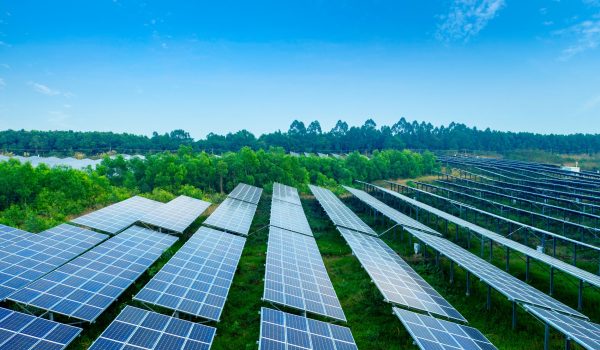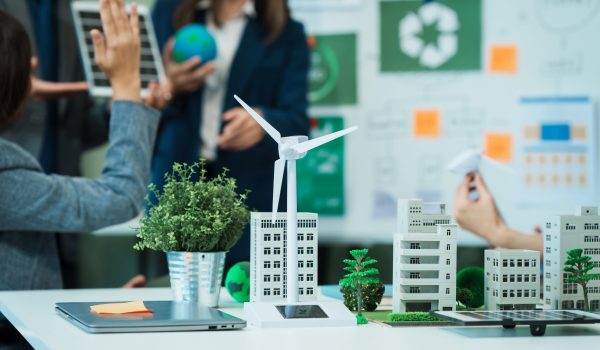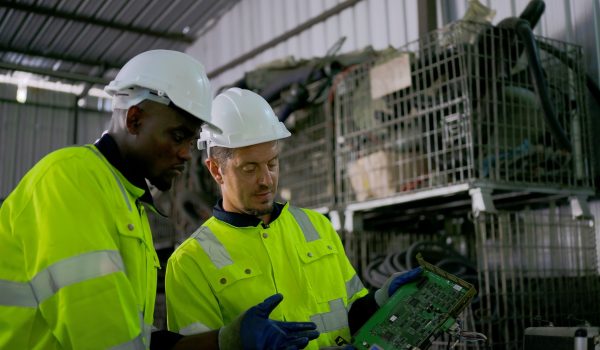Circulaire economie voor een sterk en onafhankelijk Nederland
Pamflet aan de Tweede Kamer
In deze brief zetten Natuur en Milieu, FME, VNCI, VNO-NCW, MKB-Nederland de kansen die een nieuwe circulaire economie biedt uiteen. Ze constateren dat juist op het terrein van circulariteit Nederland met logistiek, chemie, maakindustrie én met alle kennis alles in huis heeft om een koppositie in te nemen in Europa en de wereld. Een circulaire economie leidt ook tot minder verspilling, waardoor we minder afval hebben en schone productie, wat leidt tot minder CO2-uitstoot.
De organisaties vragen de Tweede kamer en een nieuw Kabinet om veel meer focus, meer capaciteit en intensieve samenwerking. Alleen met alle partijen samen (van winkeliers tot maakbedrijven tot afvalbedrijven, overheden en de samenleving) kunnen de noodzakelijke stappen gezet worden om grote productieketens, zoals voor de chemie (o.a. kunststoffen), bouw(materialen) en kritieke grondstoffen anders te organiseren, zodat we daadwerkelijk minder afhankelijk worden voor onze grondstoffen.
Andere relevante publicaties
Naar een meer circulaire energietransitie met UPV
Analyse van de inzet van UPV voor batterijen in elektrische auto’s, zonnepanelen en windmolens
Nederland circulair in 2050
Het programma 'Nederland circulair in 2050' richt zich op de ontwikkeling en realisatie van een circulaire economie voor 2050.
Manifest voor een Europese Wet Circulair Materiaalgebruik
Manifest van de FEAD waarin een Wet Circulair Materiaalgebruik wordt voorgesteld







